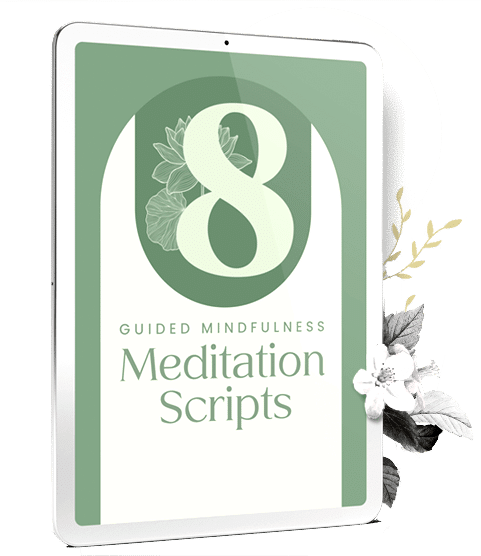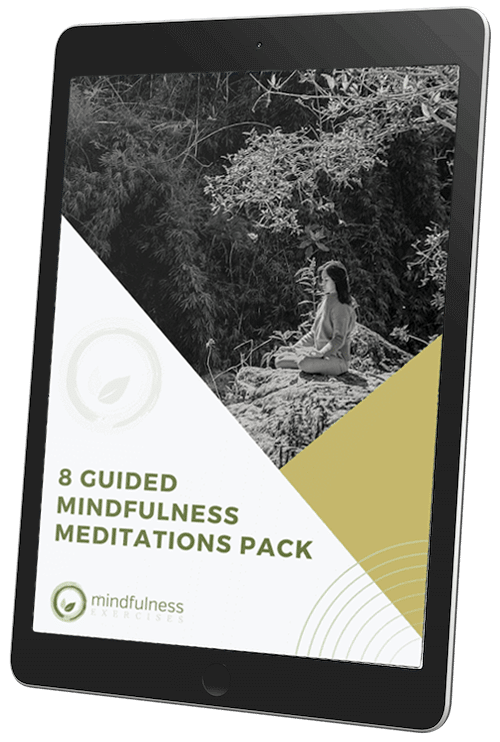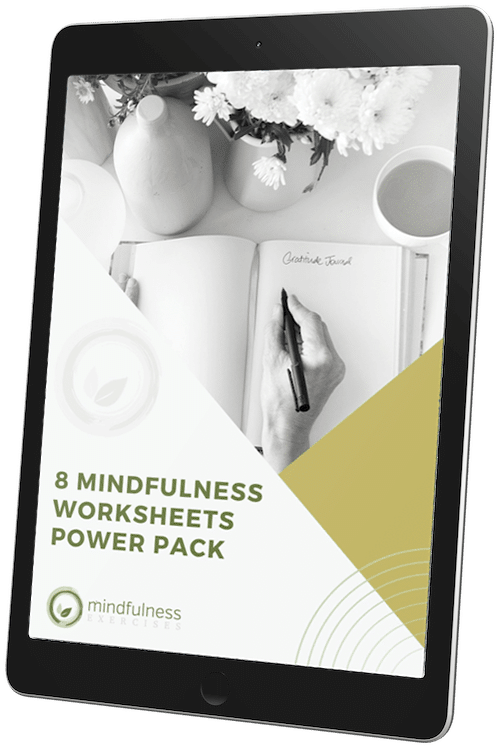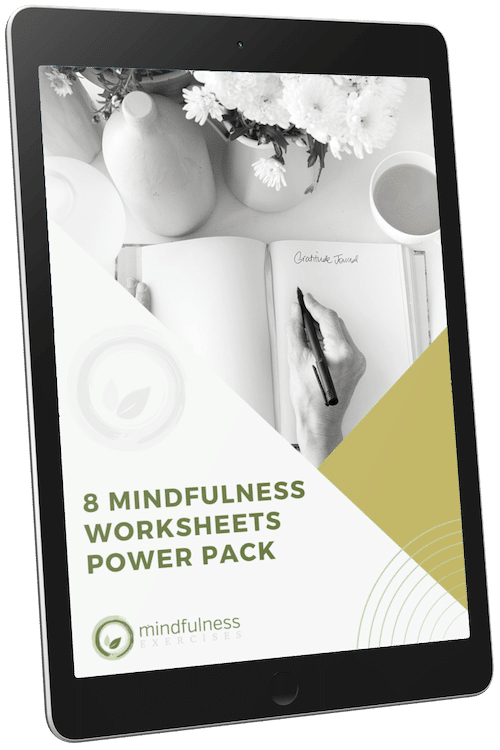Mindful reflection is a skill that requires presence, patience, non-judgment, curiosity, and compassion. It is a skill that, when fully embodied, has a range of benefits, from broadening our thinking to improving our relationships. Yet reflecting mindfully is not as easy as it might seem. How do we reflect on ourselves and our experience while remaining open? How do we self-reflect without getting in our own way?
In this guide to mindful questions and self-reflection, we will explore:

What Is Mindful Self-Reflection?
To self-reflect is to take the time to inquire more deeply into our experience. Also referred to as introspection, it asks us to examine our thoughts, our feelings, our assumptions, and our judgments, a process which helps us to grow.
Mindful self-reflection puts an extra emphasis on non-judgmental, moment to moment awareness. When we mindfully self-reflect, we tend to our feelings, thoughts, experiences, and behaviour with greater curiosity, patience, and compassion than we might otherwise. We are invited to ease (or to be aware of) the stories we tell ourselves about events or feelings. With mindful self-reflection, there is an emphasis on approaching our experience with a beginner, outsider, or objective perspective.
In other words, mindful self-reflection asks us to step out of our own way. Rather than replaying the same methods of self-analysis over and over, we are encouraged to go deeper. For example, if we are experiencing social anxiety, mindful self-reflection would help us to step beyond the usual explanation in order to explore our bodily sensations, the fears beneath our surface fears, and more.
At the deepest level of reflection, we might arrive at self-enquiry, which can be understood as awareness of awareness itself. Self-enquiry, or atma vichara, invites us to ask the question, ‘Who am I?’, to which there is no clear, intellectual answer.

“Knowledge of the self is the mother of all knowledge.”
- Kahlil Gibran -
The Benefits of Mindful Self-Reflection
We do not need to reach the deepest practice of self-enquiry in order to experience the benefits of mindful self-reflection. As mentioned, mindful self-reflection has a range of benefits. For instance, it can:
In fact, there is really no limit as to what the benefits of self-reflection might be. Put simply, self-reflection (especially when mindfulness is at the forefront) shifts the way we view ourselves, others, and the world around us. When our mindset expands, so do our feelings and behaviors. The potential is then infinite.

The Power of Asking Great Questions
One invaluable tool to enhance mindful self-reflection is a great question. When we put forth a great question (and when we approach that question with genuine curiosity and openness), there is no limit as to what we might uncover. Mindful questions lead to thoughtful, rich, and insightful answers. Sometimes these answers arise clearly and intellectually; sometimes they develop as embodied feelings or inner knowings.
In any case, mindful reflection questions are an excellent starting point for enhancing self-awareness. The power of a great question is that it directs the flow of our inquiry in expansive and illuminating ways. For example, consider the different paths that these two questions might lead someone on:
In the same way, reflect upon the difference between these two questions:
Chances are you can sense a different quality – and different opportunities! – between each of these pairs of questions. This is not to suggest that one is ‘right’ and another is ‘wrong’. However, it does highlight that the questions we ask ourselves will lead us to different types of answers.
Similarly, meditation is a powerful self-reflection tool that helps us better understand our thoughts, emotions and behaviors.
To improve your skills of self-reflection check out our guide about self-compassion meditation to create a non-judgmental inner dialogue. Additionally, incorporate I am affirmations into your practice to enhance self-believe.
Learn more about the different types of biases to enhance self-awareness.
20 Mindful Questions to Ask Yourself
If you are looking to enhance your self-reflection practice, consider the following 20 mindful questions to probe your inner exploration. These mindful reflection questions can be used during contemplation practice or while journaling.
Whether you are journaling your answers or simply sitting in contemplation, choose one question at a time. You do not need to actively search for answers. See what arises naturally and spontaneously, allowing all possibilities to rise to the surface of your awareness.

In order to remain as open as possible, take a few moments to ground yourself through a few loving breaths. Set an intention to remain as curious, compassionate, and receptive as possible. Refrain from trying to problem solve or ‘fix’ your experience. And, if certain questions do not lead to clear answers, take the advice of poet Rainer Maria Rilke:

“Do not now seek the answers, which cannot be given you because you would not be able to live them. And the point is, to live everything. Live the questions now. Perhaps you will then gradually, without noticing it, live along some distant day into the answer.”
- Rainer Maria Rilke -
When choosing a mindful question to reflect upon, opt for the one that inspires you most. Some questions will not resonate with us in one moment, but perhaps they will in a month, a year, or ten years from now. There are no ‘right’ or ‘wrong’ questions for self-reflection. The best ones for us in any moment are the ones that carry us naturally and lovingly into deeper layers of who we are. Consider some of the following to get started:








